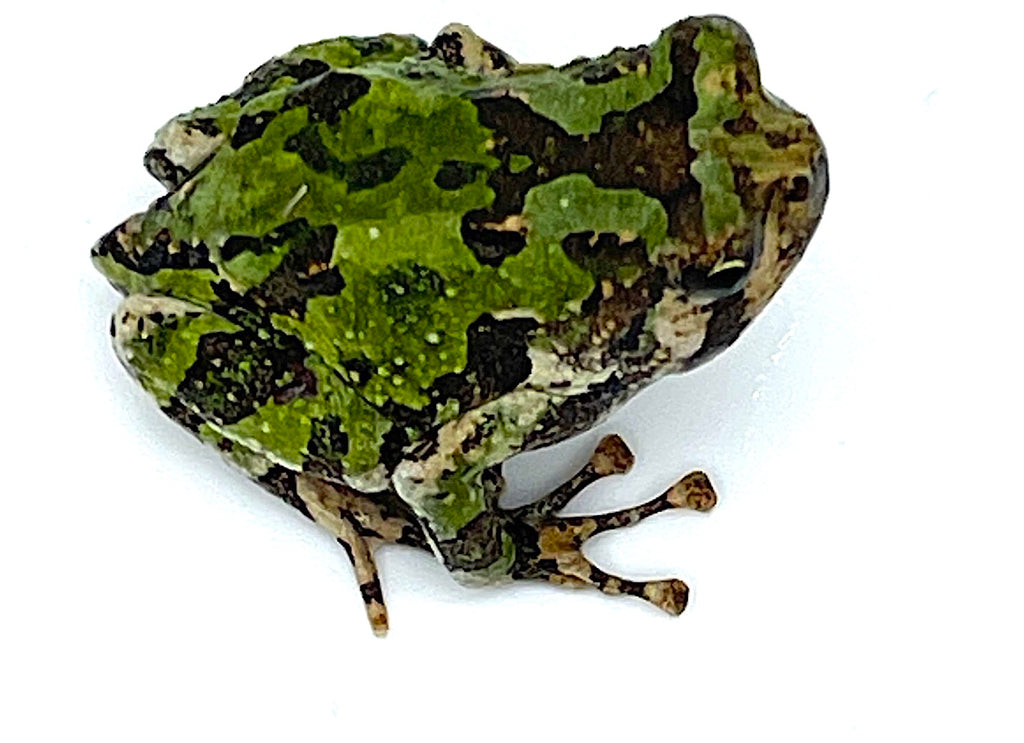Discover Unmatched Appeal: Rain Frog for Sale Awaits to Enrich Your Life!
Discover Unmatched Appeal: Rain Frog for Sale Awaits to Enrich Your Life!
Blog Article
Common Health And Wellness Issues in Reptiles: Signs And Symptoms and Solutions
In the detailed globe of reptile treatment, recognizing the typical health and wellness problems that might influence these one-of-a-kind animals is extremely important in guaranteeing their health. Whether it's grappling with parasitical problems, browsing dehydration issues, or dealing with skin ailments that materialize in refined methods, being attuned to the signs and symptoms and geared up with the knowledge of reliable options is crucial for any kind of reptile proprietor.
Respiratory Infections
Respiratory infections in reptiles can considerably impact their total health and wellness and need prompt focus from experienced veterinarians. These infections are generally triggered by microorganisms, fungis, or viruses and can materialize with signs such as wheezing, nasal discharge, open-mouth breathing, and sleepiness. In reptiles, breathing infections can be particularly testing to detect and deal with due to their one-of-a-kind composition and physiology. Veterinarians commonly depend on a mix of health examinations, diagnostic imaging, and research laboratory tests to properly recognize the underlying root cause of the infection.
Therapy for respiratory system infections in reptiles normally involves a mix of supportive care, such as preserving correct moisture degrees and temperature slopes in the room, along with targeted medication to resolve the details pathogen in charge of the infection. It is vital for reptile owners to monitor their animals carefully for any indicators of respiratory system distress and seek veterinary treatment at the earliest sign of a problem. With prompt intervention and proper treatment, lots of reptiles can recover totally from breathing infections and return to regular activities.

Metabolic Bone Illness
What variables add to the advancement of Metabolic Bone Illness in reptiles?
Metabolic Bone Illness (MBD) in reptiles is primarily brought on by an absence of proper calcium, phosphorus, and vitamin D3 degrees in their diet regimen. When reptiles do not receive sufficient calcium, either through their food or proper UVB direct exposure for vitamin D3 synthesis, they go to a high threat of creating MBD. Reptiles with diets low in calcium or unbalanced calcium to phosphorus proportions are specifically at risk. Additionally, insufficient exposure to UVB light avoids reptiles from manufacturing vitamin D3, which is important for calcium absorption and bone health and wellness.
Insufficient humidity levels can additionally affect a reptile's ability to metabolize calcium successfully. Normal veterinary exams, proper husbandry techniques, and a balanced diet plan are essential to protect against Metabolic Bone Illness in reptiles.
Parasitical Infestations
Parasitical invasions posture a significant health threat to reptiles, influencing their general wellness and needing punctual veterinary focus. Reptiles can be influenced by different parasites, consisting of mites, ticks, internal worms, and protozoa. These parasites can create a variety of symptoms, such as fat burning, sleepiness, skin irritability, looseness of the bowels, and even death if left untreated.
One typical parasite located in reptiles is the mite, which can trigger More Help skin anxiety, irritability, and anemia. Ticks are one more exterior parasite that can trigger and transfer diseases pain to the reptile. Internal parasites like worms and protozoa can result in digestive concerns, lack of nutrition, and weaken the reptile's body immune system.
To identify a parasitic infestation, a vet may do fecal examinations, skin scrapings, or blood tests. Therapy commonly includes deworming drugs, antiparasitic bathrooms, or in severe cases, hospitalization. Preventative procedures such as normal vet exams, appropriate hygiene, and quarantine procedures pop over to this web-site for new reptiles can assist reduce the threat of parasitic invasions and guarantee the wellness of reptile animals.
Dehydration and Hydration Issues
Dehydration in reptiles can dramatically impact their wellness and health, necessitating prompt intervention and appropriate hydration monitoring. Reptiles are vulnerable to dehydration because of different variables such as insufficient water consumption, high environmental temperatures, and specific health conditions. Signs of dehydration in reptiles include sunken eyes, sleepiness, loss of skin elasticity, and reduced urination. Dehydration can lead to significant health issues and even be deadly to the reptile - rain frog for sale. if left without treatment.
To prevent dehydration, reptile proprietors ought to make certain that their pets have accessibility to clean water in all times. The water meal ought to be large enough for the reptile to take in if needed, especially for types that take in water via their skin. Furthermore, preserving proper humidity levels in the reptile's unit and giving regular bathrooms can aid prevent dehydration.
In instances of dehydration, it is critical to look for vet treatment quickly. A vet might provide liquids either orally or through shots to rehydrate the reptile. It is important to resolve the underlying reason of dehydration to avoid recurrence and make certain the reptile's total well-being.
Skin Conditions

Conclusion

Respiratory infections in reptiles can substantially impact their general health and wellness and require timely focus from knowledgeable veterinarians (rain frog for sale). Preventative actions such as routine vet check-ups, proper health, and quarantine treatments for brand-new reptiles can assist minimize the threat of parasitic problems and make certain the health of reptile pets
If left without treatment, dehydration can lead to serious wellness problems and even be deadly to the reptile.
On a regular basis checking your reptile for any kind of adjustments in skin color, appearance, or structure can aid in early detection and treatment of skin disorders, promoting the general health and wellness and wellness of your scaly buddy. - rain frog for sale
In conclusion, reptiles are prone to various wellness issues such as breathing infections, metabolic bone illness, parasitical problems, dehydration, and skin disorders.
Report this page